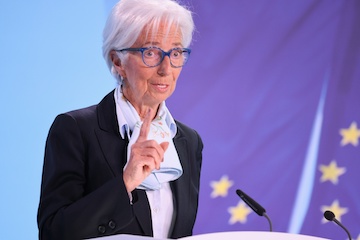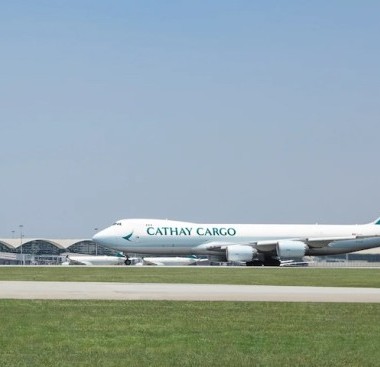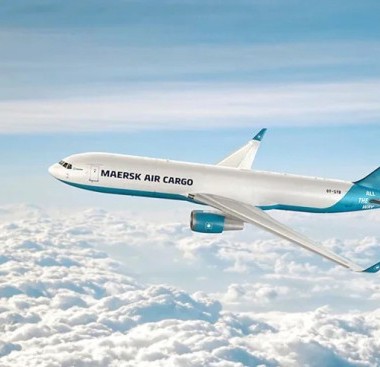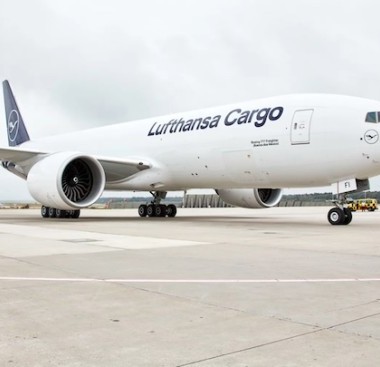ANZDL CEO SPEAKS ON NICHE OPERATORS
Jan 30, 2000He pointed to the fact that there has been growth among global alliances and the top 20 world carriers at the expense of niche operators. In fact in the United States trades, the reduction in number of niche operators from 68 in 1996 to 49 in 1999 has been largely been driven by acquisition rather than services folding.
HOW THE NICHE SURVIVE
There are several factors that have protected the position of niche operators according to Beard. First, many shippers face internal resistance to global contracting as it inherently involves a transfer of authority from local logistics managers to a centralized purchasing agent, he said. In speaking with our own customers in the Australasia, Trans Tasman and Pacific Islands trades, many shippers are starting to, once again, place niche trade volumes outside the parameters of global contracts. The backlash has been caused by a lack of local knowledge within their centralized structures, which has actually increased supply chain costs.
Second, the sales force at many global carriers are neither equipped nor motivated to sell niche markets, and there is still a significant gap in knowledge between the trade specialists of a niche operator and the generalist of a global carrier, noted Beard. This can change over time, but only if the compensation system of the global carriers changes as well. If a sales representative is compensated on volume and/ or gross margin, their natural tendency will be to focus on the significantly larger volumes presented in the east-west trades rather than the much smaller opportunity available in many north-south trades.
He also said that niche trades are often made up of smaller shippers whose volumes are large in the context of that trade lane, but are small when compared with the other accounts open to a global carrier. Global carriers today are hard pressed to give these companies the time and attention required to shift their allegiance.
SHORT TERM VS LONG TERM OPPORTUNITIES
The combination of downsizing, just-in-time inventory management and vastly improved information technology has created an environment where globally centralized transportation purchasing can become a reality said Beard.
Many large and medium sized shippers have recognized this opportunity and have attempted to leverage the situation by soliciting global bids for ocean transportation, either as individual companies or through Shippers Associations, he said.
This represents a short term opportunity for niche operators that will gradually be eroded as the internal effectiveness of both shippers and global carriers improve, he said. There are, however, two additional factors which present longer term opportunities for niche operators leverage and sustainability.
Although shippers indicate they want to globally contract all of their volume, most aim to maintain a certain level of discretion, both as a negotiating tactic and a practical reality, to accommodate production changes, noted Beard. In addition, there is skepticism about the long range, sustained interest in the niche markets when trends change on the major trades. For example, the transshipment of cargo from Australia to the United States over Southeast Asia ports can be an attractive way for global carriers to fill empty slots on 6000 teu post-Panamax vessels. But, those slots are often unavailable during peak shipping times such as the third quarter Christmas preparation.
THE SUCCESSFUL NICHE CARRIER
As we are all aware, the trend is towards globa
Similar Stories
UK exports fewer goods after Brexit, tilting economy to services
The UK is still exporting fewer goods than before Brexit, as the economy becomes more reliant on selling services to the rest of the world, according to official data.
View Article
Lagarde reiterates Europe, US shouldn’t engage in subsidy race
View ArticleCap jumps as new Chile tariffs make steelmaking profitable again
Chilean steel and iron ore producer Cap SA rose the most in two weeks after authorities slapped tariffs on some Chinese steel products, in a move that prompted the firm…
View ArticleChile slaps tariffs on Chinese steel to bolster local mills
Chile imposed temporary anti-dumping tariffs on Chinese steel products used in the country’s mining industry in a bid to support faltering local producers. The move pushed Cap SA to reverse…
View ArticleEU agrees to expand Iran sanctions for missile attacks on Israel
European Union foreign and defense ministers secured a political agreement on Monday to impose new sanctions on Iran over its attack on Israel.
View ArticleSouth Korea’s early exports rise as momentum remains strong
South Korea’s exports have made a brisk start to the second quarter based on early trade figures for April, brightening the outlook for economic growth.
View ArticleGet the most up-to-date trending news!
SubscribeIndustry updates and weekly newsletter direct to your inbox!





